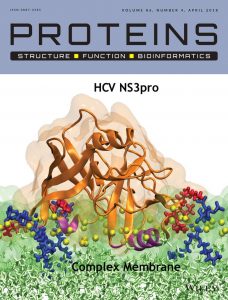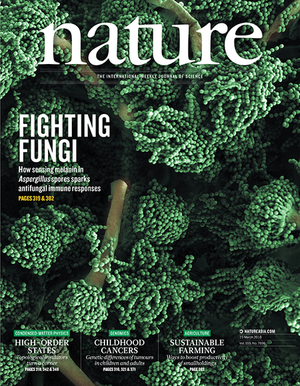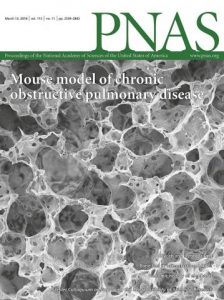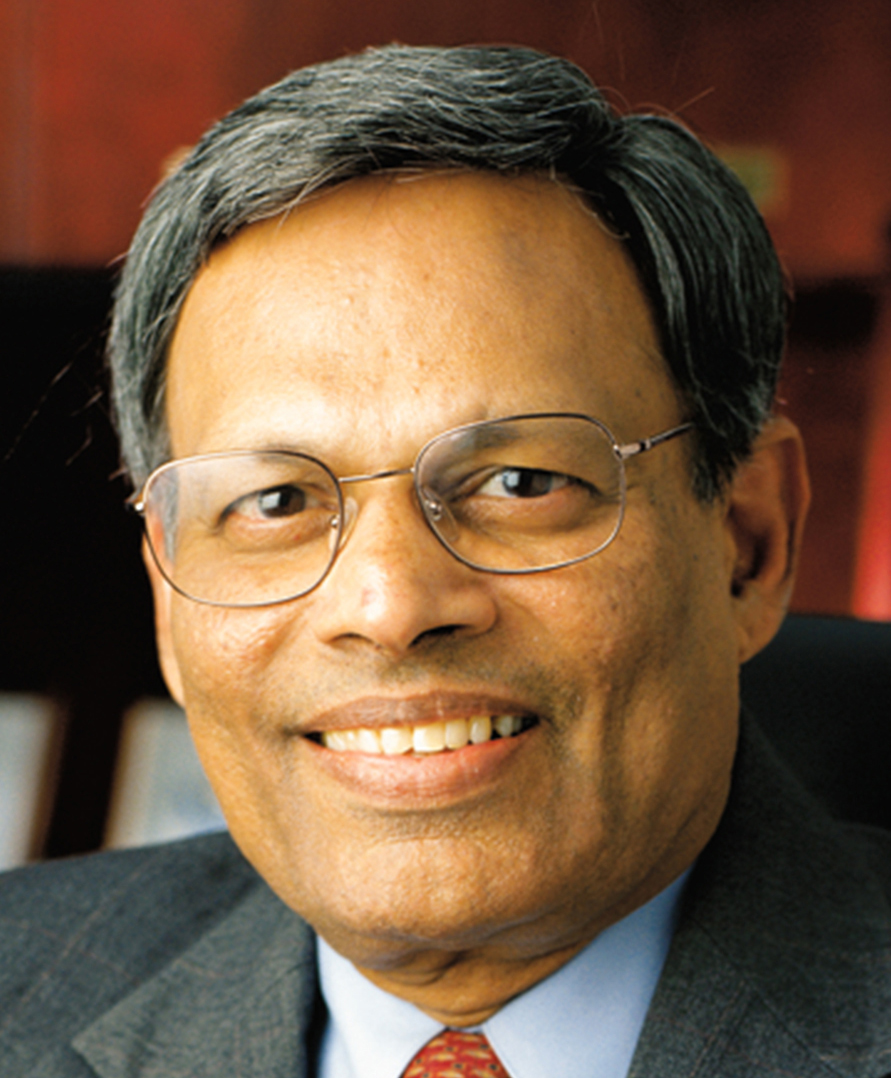
Today, the Ohio State University (OSU) announced that Ching-Shih Chen, who resigned from a professorship there in September, was guilty of “deviating from the accepted practices of image handling and figure generation and intentionally falsifying data” in 14 images from eight papers. Chen had earned more than $8 million in Federal grants, and his work had led to a compound now being testing in clinical trials for cancer. (For details of the case, see our story in Science.)

OSU — which has been involved in several high-profile cases of misconduct recently — released a lightly-redacted version of their investigation report, and we asked C.K. Gunsalus, who has decades of experience reviewing similar cases, to examine it for us. A Q&A follows.
Retraction Watch (RW): What’s your impression of the case? How does it compare in significance with others you’ve looked at? Continue reading Ohio State just released a 75-page report finding misconduct by a cancer researcher. What can we learn?

 How much role did a potentially problematic paper play in the demise of a once-promising compound?
How much role did a potentially problematic paper play in the demise of a once-promising compound? Title:
Title: 
 A former researcher at New York University falsified and/or fabricated data in multiple papers and grant applications,
A former researcher at New York University falsified and/or fabricated data in multiple papers and grant applications,  After being “blindsided” a few months ago when she was told one of her 2005 papers was going to be retracted, a researcher scrambled to get information about why. And when she didn’t like the answers, she took to PubPeer.
After being “blindsided” a few months ago when she was told one of her 2005 papers was going to be retracted, a researcher scrambled to get information about why. And when she didn’t like the answers, she took to PubPeer.
